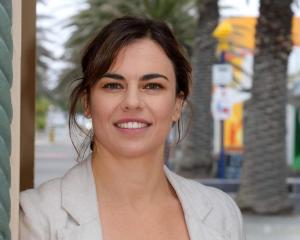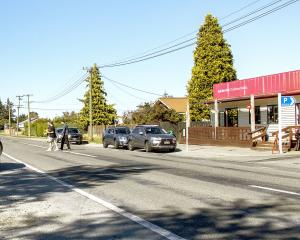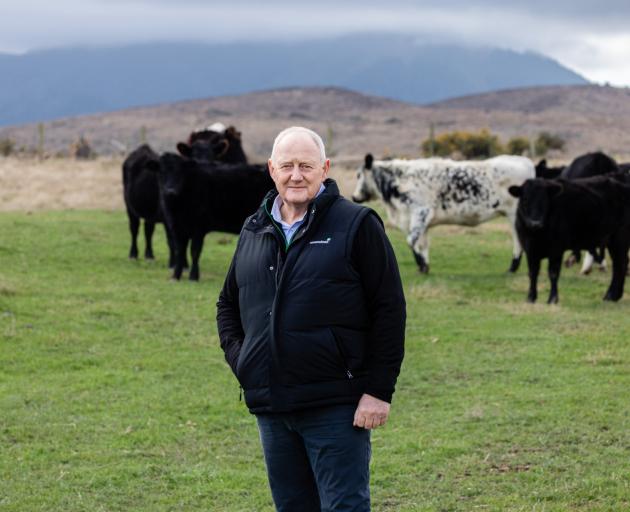
As a result of lower fertiliser sales across the industry as cash-strapped farmers reacted to low farmgate prices and higher costs, the co-op closed fertiliser manufacturing at its Dunedin site.
The port store and distribution centre will continue at Ravensbourne, but manufacturing operations will be restricted to Napier and Christchurch.
This follows an earlier restructuring and the co-op taking on more technology to match farmers’ fertiliser needs and tighter management of import shipping and product distribution.
Chief executive Garry Diack said the co-op was still going through a readjustment phase for a future of lower fertiliser volumes.
‘‘We are doing okay as there is no question we are in a difficult time. Two years ago we had a 25% drop in volumes which is really a consequence of what’s going on with our farmers and ... certainly last year there was none, but this year there might be a marginal gain. It’s pretty tight as we are a business over the years structured to deliver 1.2 million to 1.3m [metric] tonnes of fertiliser a year and we are down to 900,000t plus or minus so we are constantly readjusting our business to make sure that we remain profitable in that range.’’
After several years of high costs and being unable to afford fertiliser farmers were adapting their systems to rely more on precision placement and data for soil fertility to keep their costs down, he said.
‘‘As a result of that I don’t think we will see a return to the numbers we previously had. They will go up a bit, but people adapt to what they do which is of course good for everybody.’’
He said the co-op had also adapted its business.
Investment in precision placement technology had come of age when needed to help the co-op get more targeted levels of fertiliser on farms.
The introduction of AI had assisted with the gathering of data for required fertility.
He said the co-op was also getting much better at logistics management to bring fertiliser product into the country and then manufacture and distribute it to customers.
‘‘And you do all the traditional things like lowering your cost which we did two years ago ahead of the major downturn to get ourselves to a cheaper operating platform and now we are getting gains from technology so I think we are well positioned and adapting well.’’
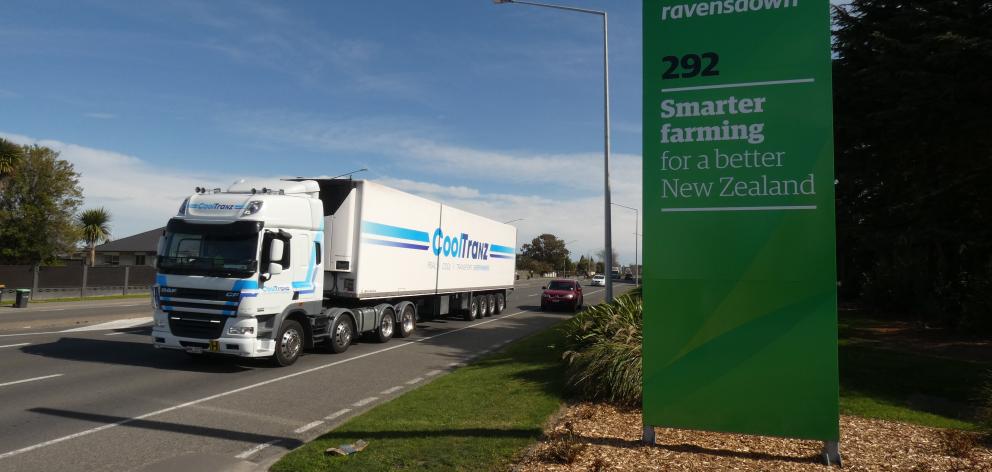
‘‘It was a very difficult decision to work out which one we would cease manufacturing at and I am a Dunedin person so that was the hardest decision I ever had to make in this job. I used to ride to school every day looking at the stack to see what the wind was doing and it was my weather vane. But those are the decisions you have to make.’’
Wharf facilities made it well positioned for ship deliveries from the north to the South Island to get fertiliser product to Southland and Otago farmers, he said.
He said there were no plans for large scale divestment of land at the Dunedin site.
About 30 roles were disestablished with another 10 employees remaining on site for decommissioning.
Some staff were able to be deployed elsewhere within the company and others took early retirement, while the distribution team remains based at the site.
This follows a wider restructuring with staff numbers in their high tens exiting in 2022.
Mr Diack said this was carried out as they had seen the downturn coming and were now ‘‘not unhappy’’ with the cost structure.
He said the hard decisions in front of them were more out of their control such as the geopolitical position of global supply lines and sourced product.
Ravensdown had long standing relationships with suppliers and was in good dialogue with them on trying to get in front of trade, geopolitical and transport security risks, he said.
‘‘I think we have created a level of flexibility and optionality that we can ride the waves that are in front of us.’’
Ravensdown was trying to get fertiliser prices down as it recognised the cost base was still high for farmers.
‘‘We can’t influence pricing too much because we really are subject to the international pricing regime and that’s getting more and more difficult to forecast as we work our way through what major consumers like China, Brazil and India are doing inside this world that’s been turned on its head in terms of changes to the rules of trade. Whatever price we are able to bring through we are comfortable we can apply a margin that keeps us healthy and the farmers in the best shape they can be.’’
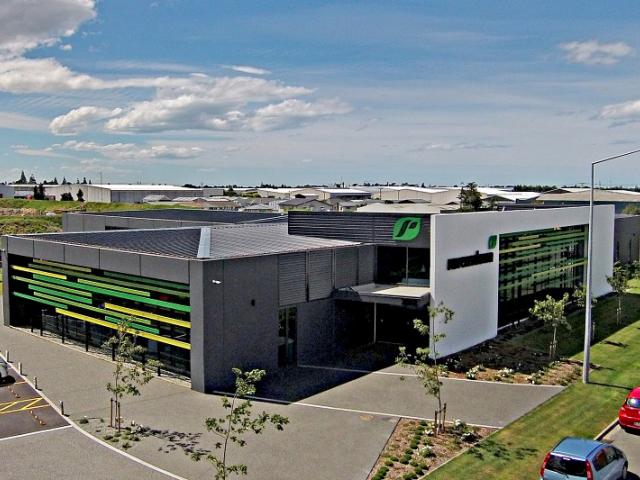
The four Fs of fuel, fertiliser, finance and feed and the one L of labour were the big issues inside the farm gate. Fertiliser was the first cost removed by farmers and that was why volumes went down, he said.
However, a high milk forecast, improved lamb and, to a lesser degree, mutton prices, solid beef returns and a long awaited increase to strong wool prices have lifted the outlook.
‘‘It is much better than last season and it’s now how farmers choose to use that benefit for debt reduction and increasing their fert. We are seeing a slight increase in the amount of fertiliser going out the door as people continue to invest in their land and keep the nutrient profile up.’’
For the 2023-24 season Ravensdown’s profit after tax was $2.8m - similar to the previous season’s $2.9m.
Fertiliser sales of just over 890,000 metric tonnes were down on the 1.2 million metric tonnes of a few years ago.
Farmers spending down by 20% on the previous year with less fertiliser sold, resulted in a revenue drop of $186m, to $739m.
Mr Diack said they were looking to have a good, but not great year, this season.
Fertiliser prices were firming as a result of the unfavourable exchange rate and changes in the trading environment, and were unlikely to go down, he said.
Over the past month the international cost of nitrogen has risen on the back of growing seasonal demand and constrained supply. Sulphur prices have continued their strong rise over the past six months.
The international outlook continued to be uncertain despite a pause in the Israel conflict.
Mr Diack said its venture arm, Agnition, had been set up to connect technology and this week a new online payment and ordering platform, Resupply, had been launched.
He said the co-op also worked with major companies and co-ops such as Fonterra, Silver Fern Farms and Synlait to share ideas and data and work on wider industry issues such as greenhouse gases.
Ravensdown also faces the soon retirement of many greying farmers who would look to divest shares.
Mr Diack said they looked at this closely all the time and were adapting the business towards the next generation who were likely to be more tech-savvy and do business differently.





